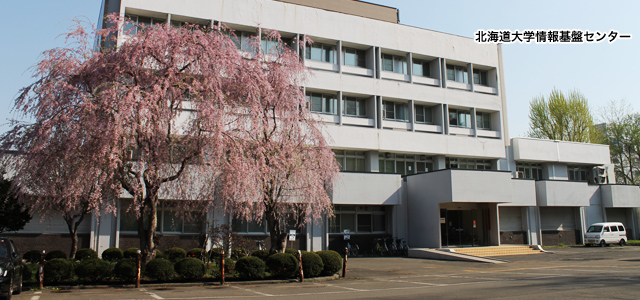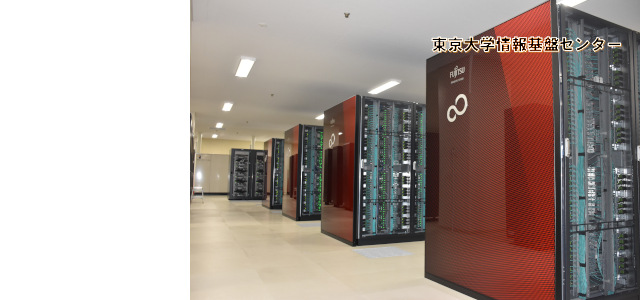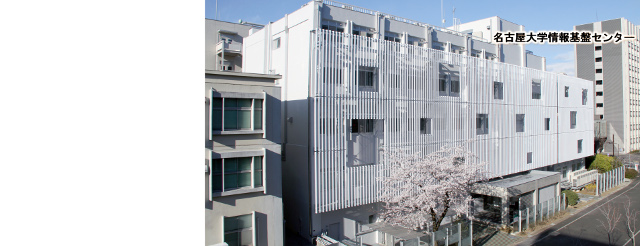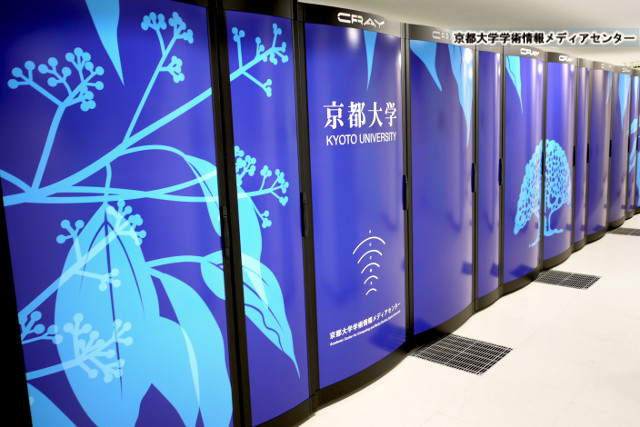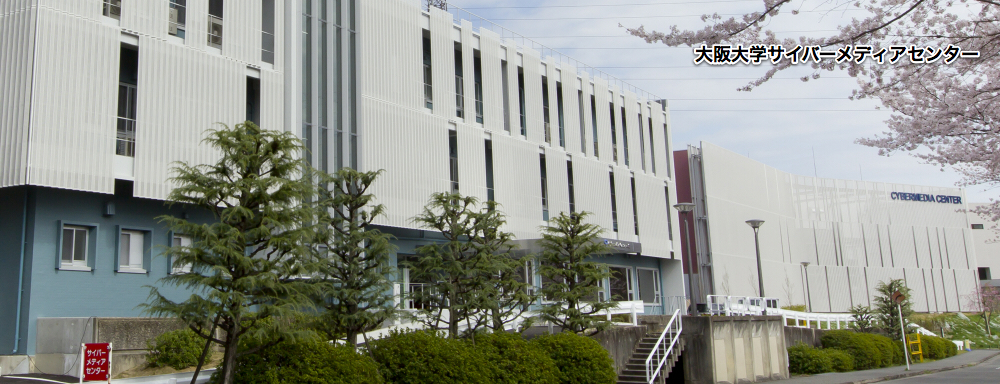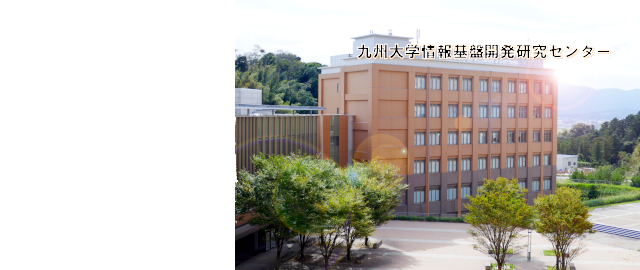採択課題 【詳細】
| jh220054 | ソフトマター流動の機械学習 |
|---|---|
| 課題代表者 | John Molina(Kyoto University / Dept. Chemical Engineering) John Molina (Kyoto University / Dept. Chemical Engineering) |
| 概要 |
The purpose of this project is to develop physics informed Machine Learning (ML) methods to accelerate and/or complement state-of-the-art simulation methods for Soft-Matter flows. We have considered three characteristic flow problems: (A) simulating entangled polymer melt flows, (B) inferring the solution of Stokes flow problems given partial and/or noisy data, and (C) teaching active particles how to navigate non-uniform flows using local hydrodynamic signals. For topics (A-B) we use a Gaussian Process regression scheme tailored to the specific problem at hand: (A) learning the constitutive relation for the stress of entangled polymer melts from microscopic training data (generated from the Doi-Takimoto model), and (B) inferring the velocity and/or pressure fields that satisfy the underlying physics (given by the Stokes and continuity equations) from the given training data (e.g., boundary values, pressure gaps, measured velocities). For topic (C) we use a deep-Q learning strategy, coupled with a direct numerical simulation of a swimming particle in a zig-zag shear flow, to train a neural-network capable steering the particle in the shear-flow, shear-gradient, or vorticity directions without requiring global information. |
| 関連Webページ | |
| 報告書等 | 研究紹介ポスター / 最終報告書 |
| 業績一覧 | (1) 学術論文 (査読あり) |
| 該当なし | |
| (2) 国際会議プロシーディングス (査読あり) | |
| 該当なし | |
| (3) 国際会議発表(査読なし) | |
| 該当なし | |
| (4) 国内会議発表(査読なし) | |
| 該当なし | |
| (5) 公開したライブラリなど | |
| 該当なし | |
| (6) その他(特許,プレスリリース,著書等) | |
| 該当なし |

